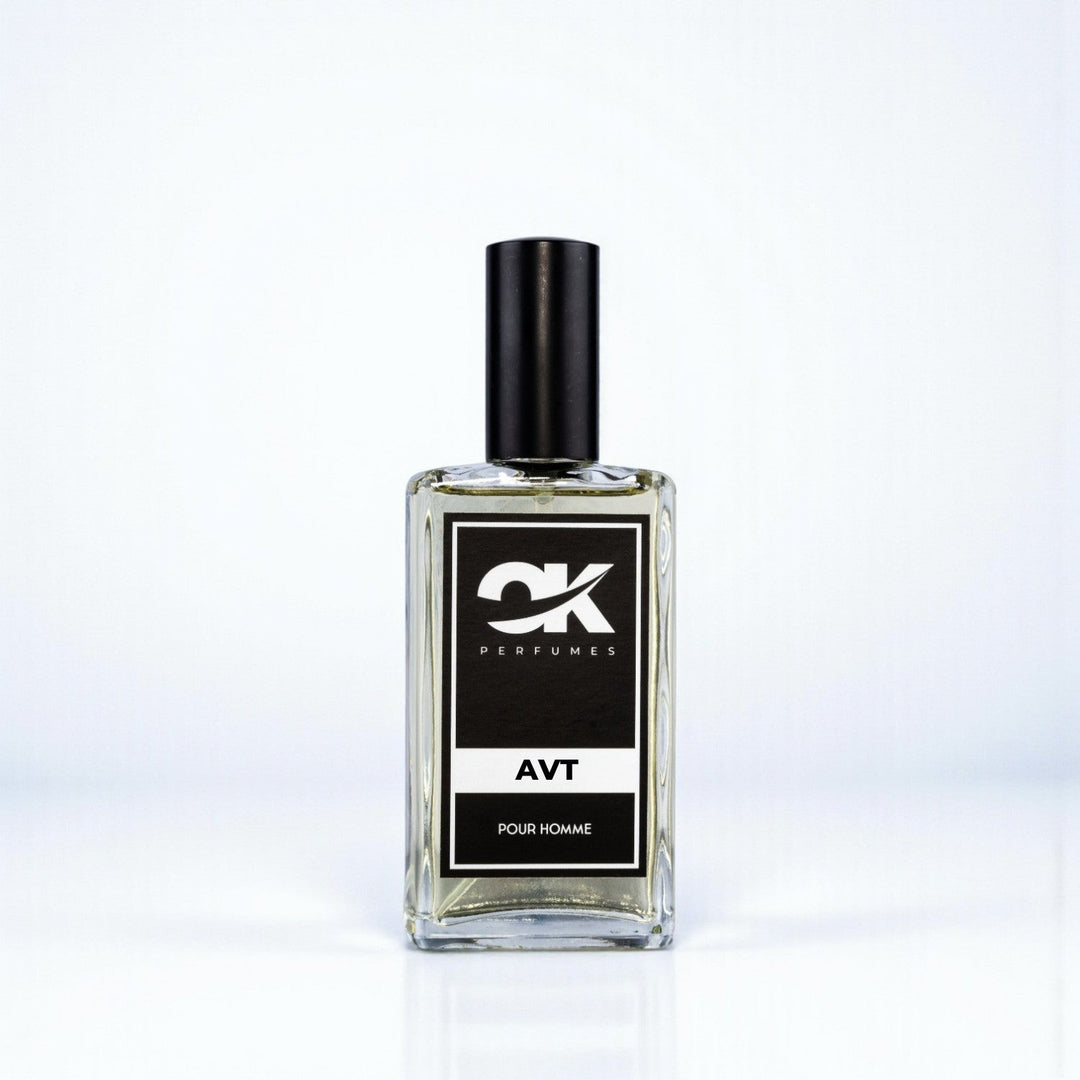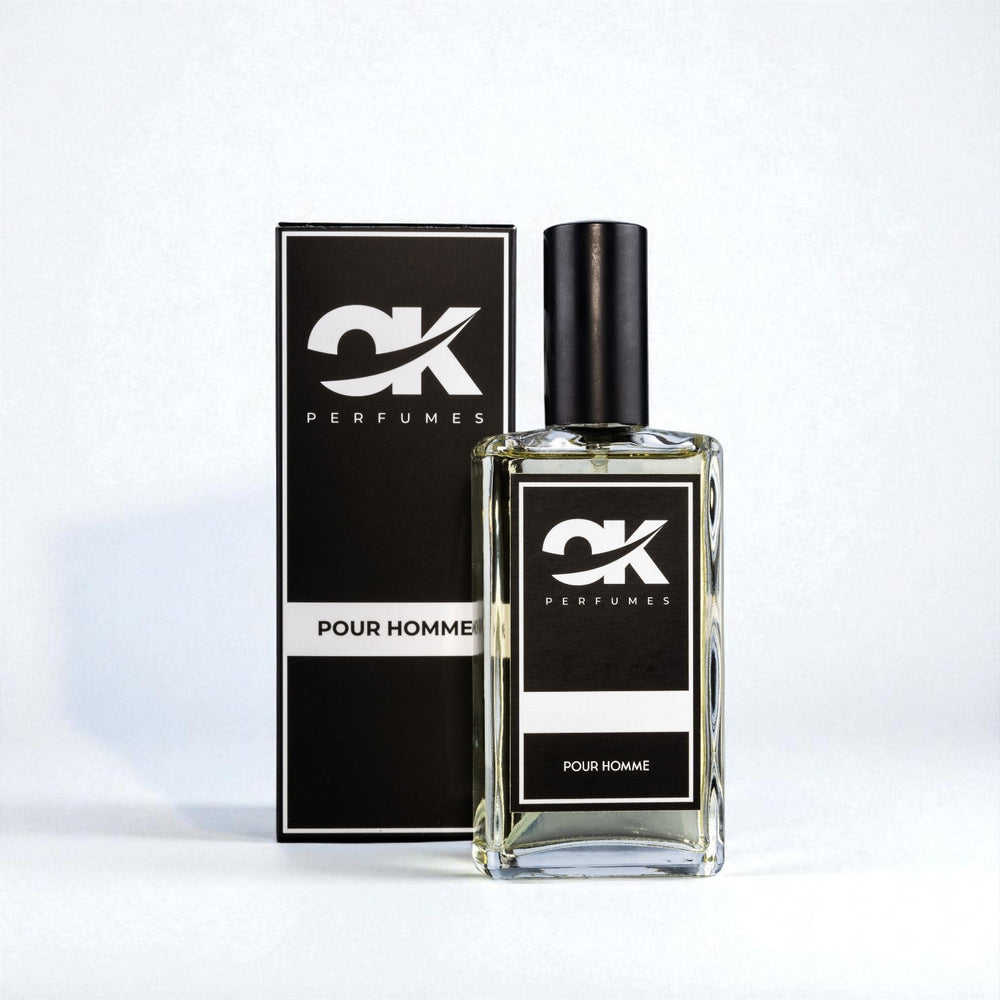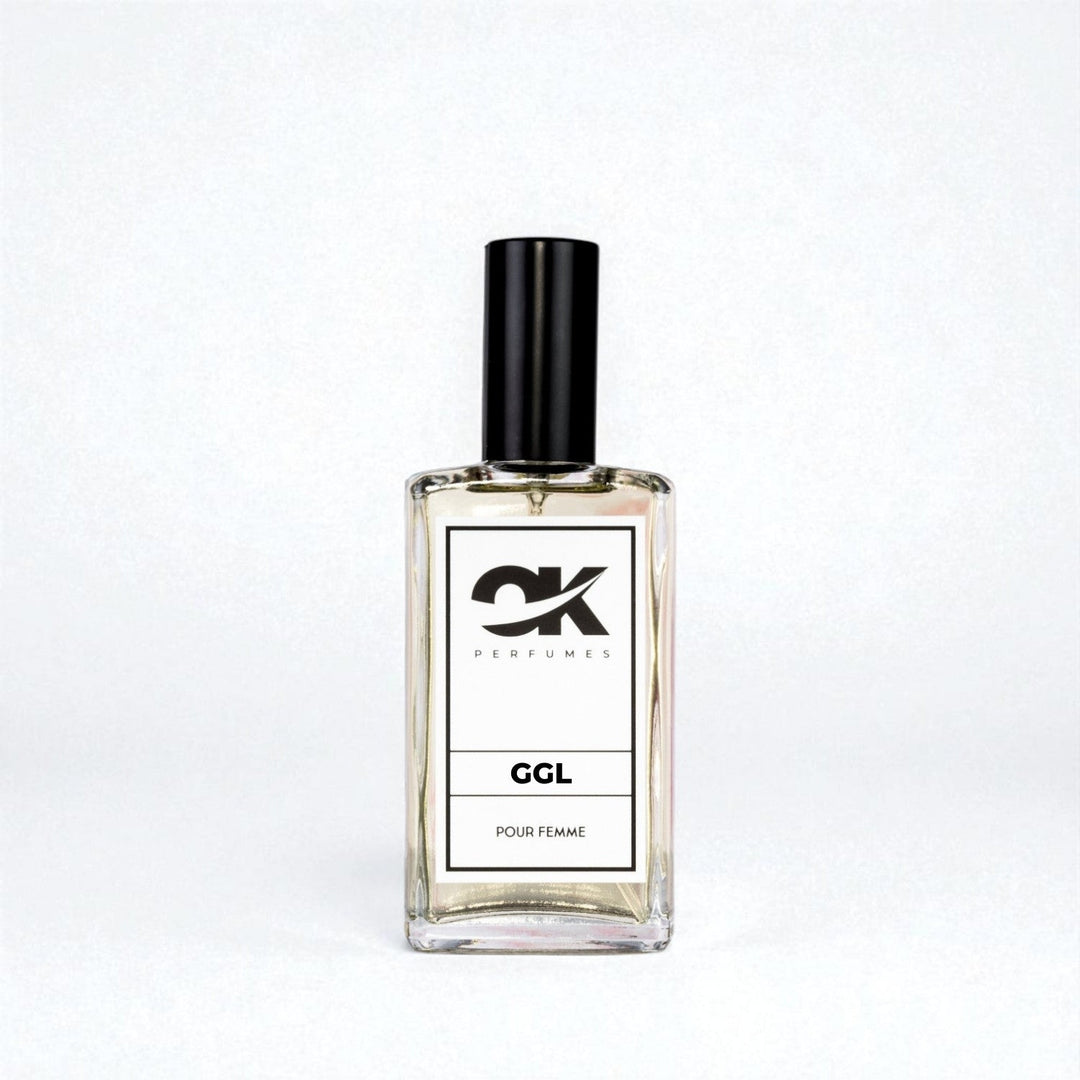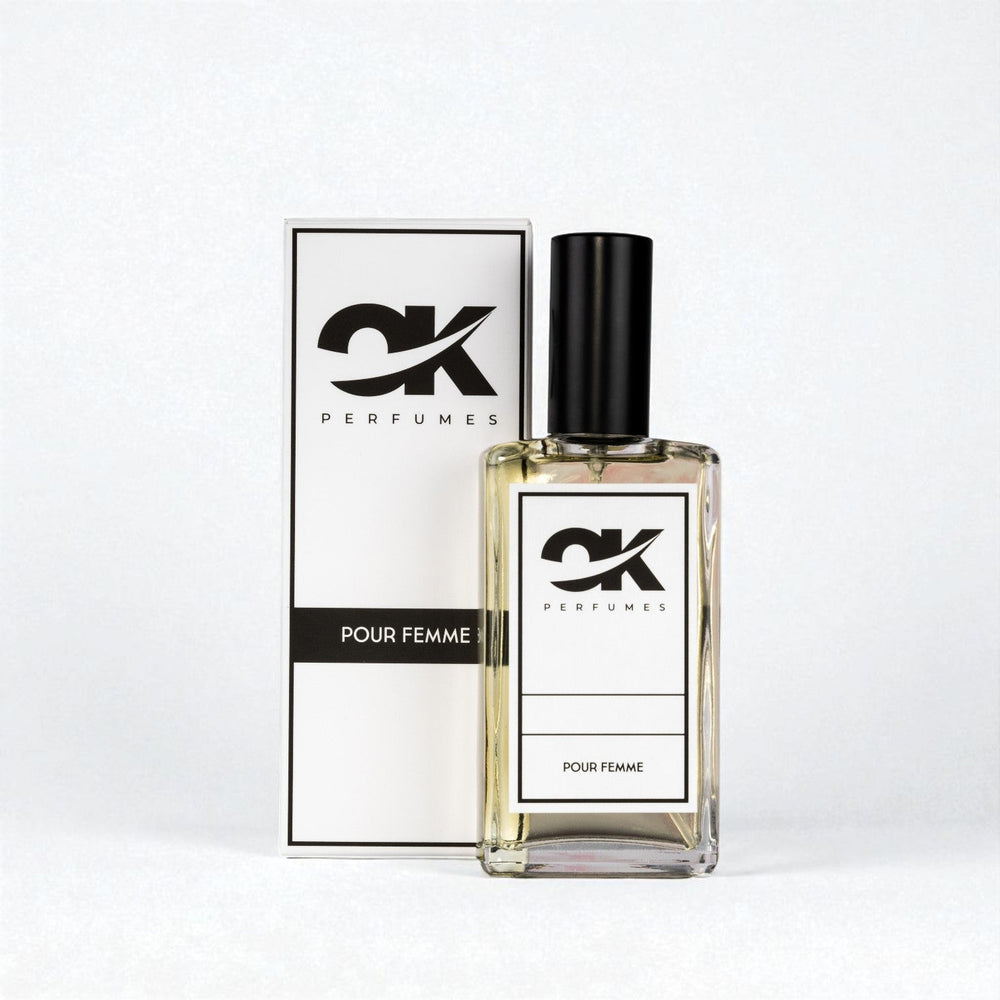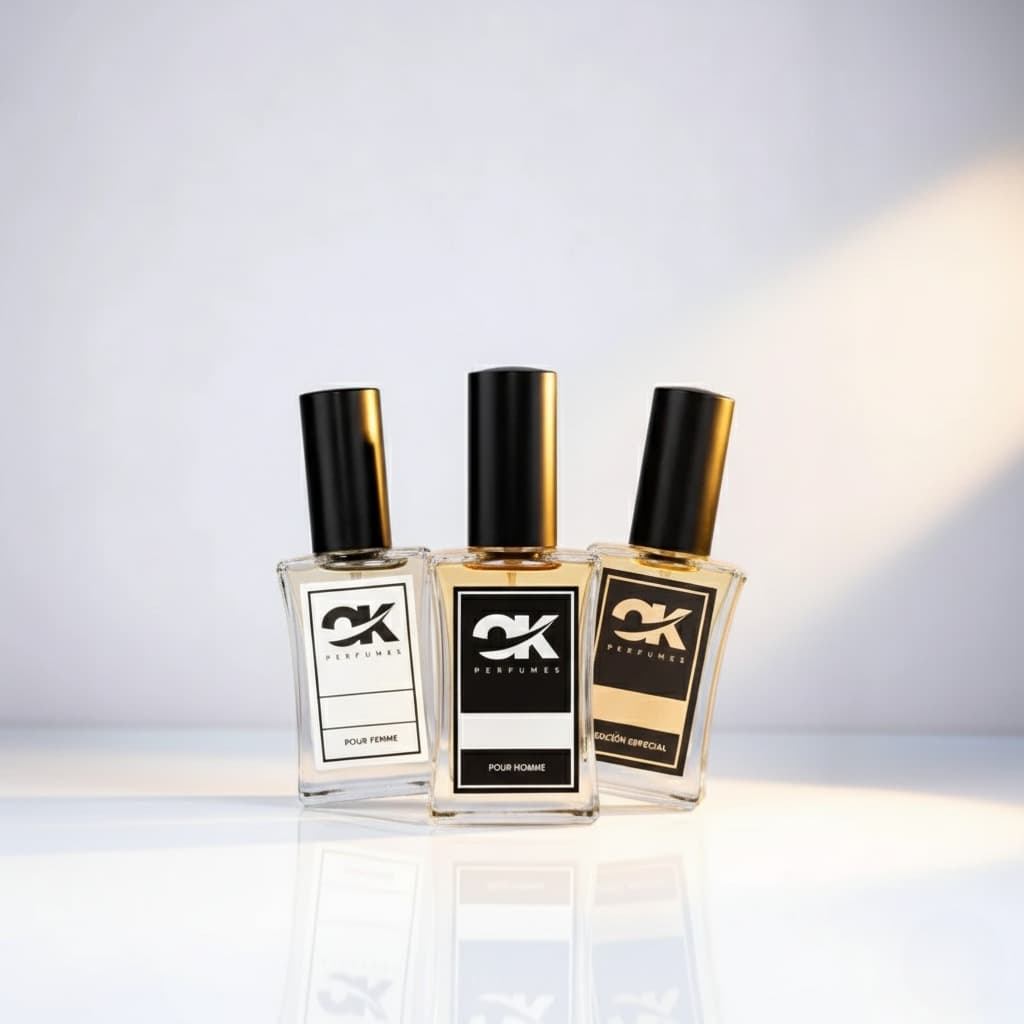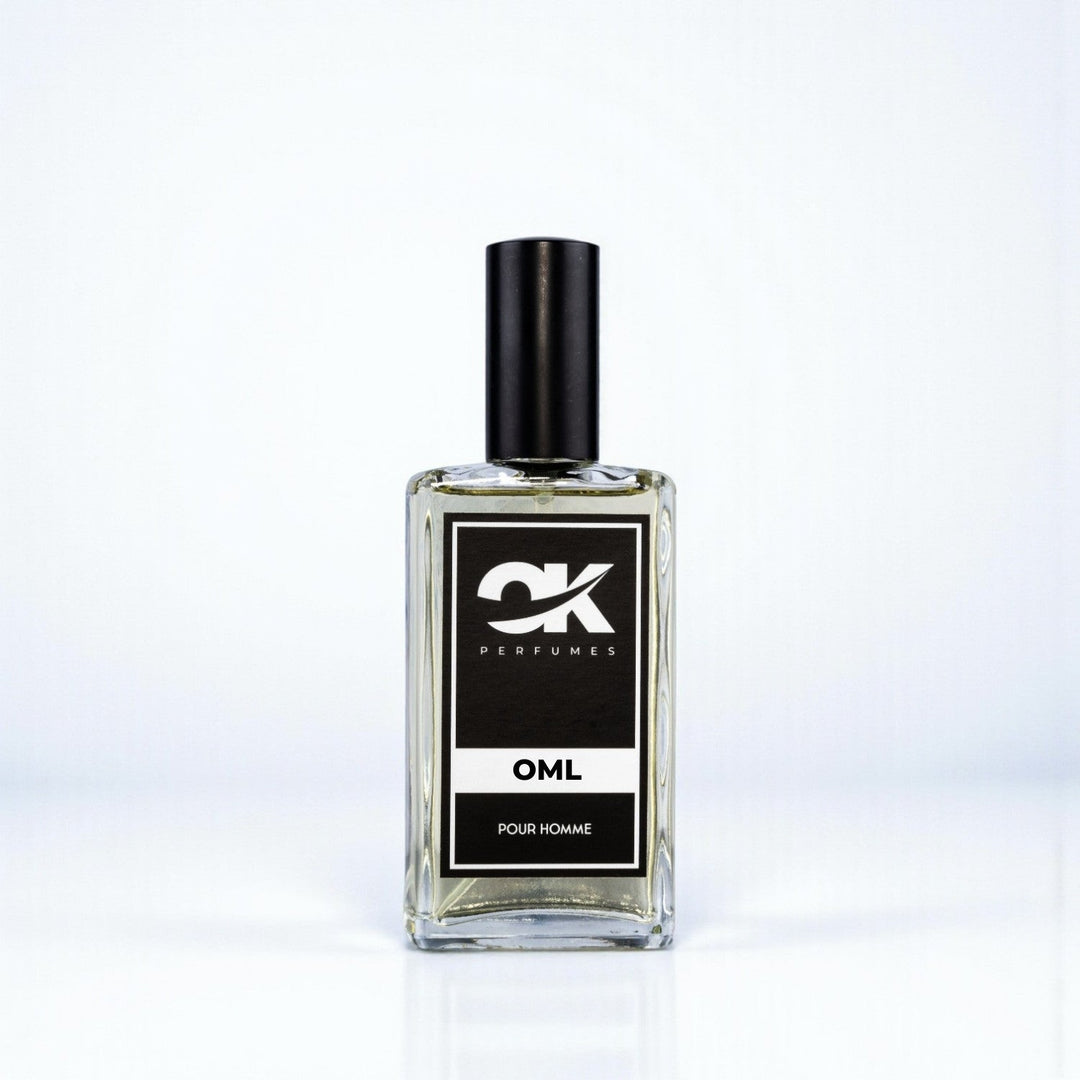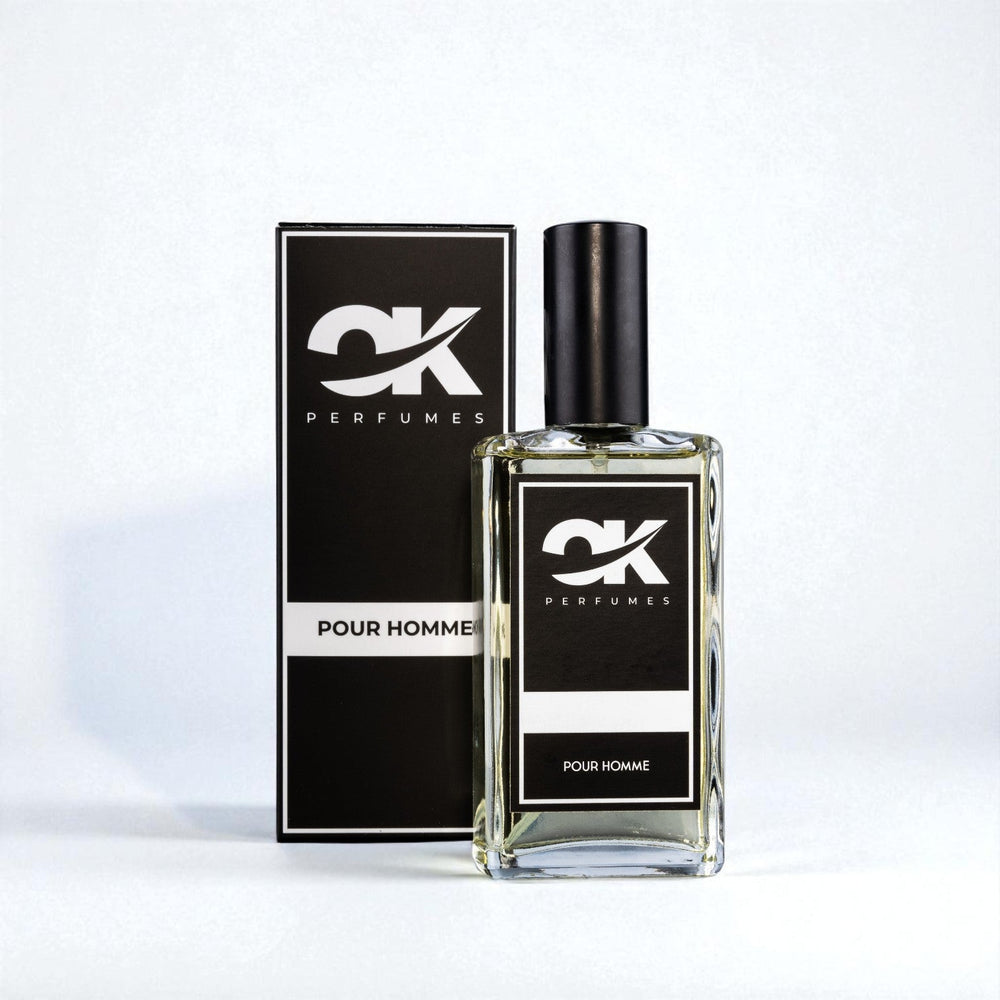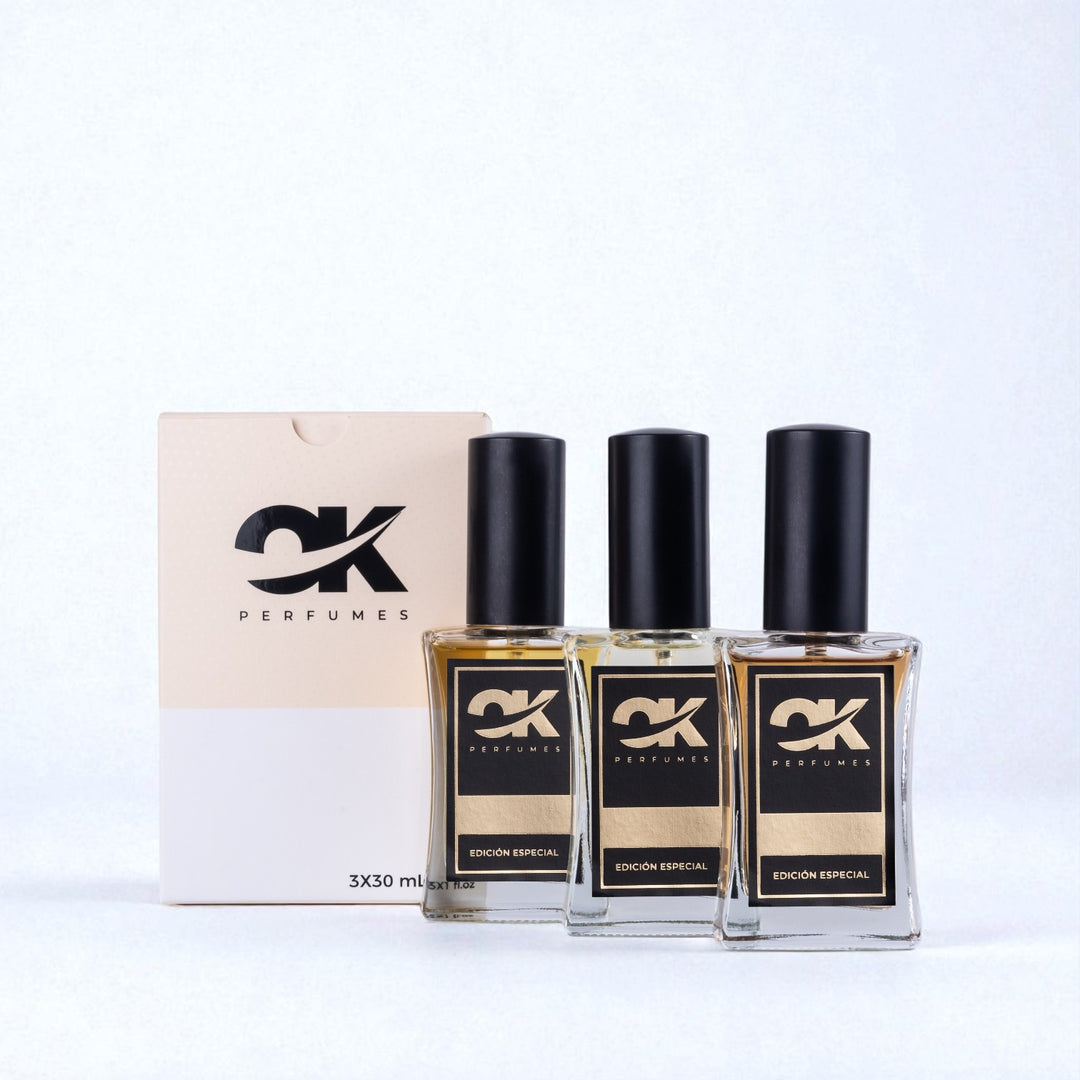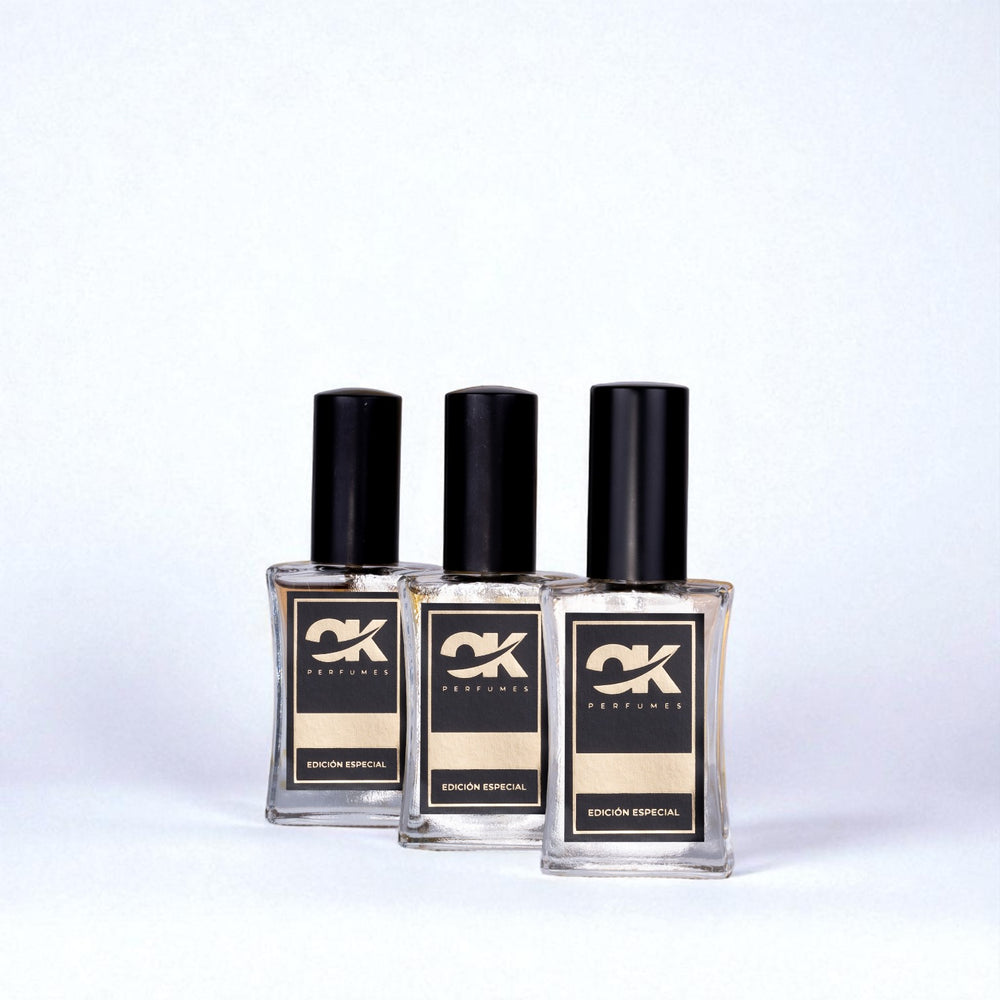The art of fragrance creation: the role of the perfumer
The world of perfumes is a fascinating universe that envelops our senses and awakens emotions. Creating a fragrance is a complex art that requires in-depth knowledge and great sensitivity. In this article, we'll explore the exciting role of the perfumer, the master craftsman behind the finest fragrances, and how their work influences our perception of the perfumes we choose.
Who is a perfumer?
A perfumer, also known as an olfactory expert or fragrance creator, is a professional dedicated to the creation of perfumes . Their art is based on the use of various raw materials, from essential oils to synthetic compounds, to create unique olfactory combinations. These experts must not only have an excellent olfactory memory, but also a deep understanding of fragrance chemistry and the principles of aromatherapy.
Training and skills of the perfumer
A perfumer's training can vary, although most train in specialized perfumery schools. Learning about the different olfactory families, the properties of ingredients, and blending techniques are fundamental aspects of their education. Furthermore, a good perfumer must be creative, have marketing skills, and understand the market to achieve sufficient quality in their creations.
The process of creating fragrances
The creation of a perfume goes through several stages. From the initial inspiration to the final blend, each step is essential to achieving the desired fragrance.
1. Inspiration and concept
It all starts with an idea. The perfumer can be inspired by an image, a journey, an emotion, or even nature. Establishing a concept is crucial as it will guide the entire creation. This step also involves trend research and studying existing perfumes on the market to identify gaps and opportunities.
2. Selection of ingredients
With a concept in mind, the perfumer selects the ingredients. This includes top, middle, and base notes. Top notes are the first scents perceived and are generally fresh and light. The middle notes emerge later and form the body of the fragrance, while the base notes provide depth and longevity.
- Top notes: Citrus, fresh herbs, fruits.
- Heart notes: Flowers, spices, ripe fruits.
- Base notes: Woods, amber, moss.
3. Mix and test
Blending is where the magic happens. The perfumer combines the ingredients and tests them on a variety of media, such as scent paper or skin. This process may require multiple adjustments, as the fragrance seeks balance and harmony. The testing phase is crucial to ensure the perfume meets initial expectations.
4. Evolution of the fragrance
It's important to note that a perfume doesn't smell the same in the bottle as it does on the skin. Therefore, the perfumer tests the fragrance's evolution over time. A good perfume must have adequate projection and an acceptable duration to be considered "quality" and attractive to the consumer.
The magic of fragrance equivalence
In the search for better options at more affordable prices, the concept of equivalence has become increasingly popular. This means that certain brands have managed to replicate high-end fragrances at a more reasonable price while maintaining the essence and quality of the original fragrance. The role of the perfumer in this context remains fundamental, as their expertise ensures that equivalent versions are not only pleasant scents but also balanced and long-lasting.
The impact of the perfumer on the industry
The professionalism and creativity that a perfumer brings are essential to the success of perfume brands. By creating fragrances that resonate with consumers, these specialists not only contribute to the industry but also build trust in the market. Their work goes beyond simply creating fragrances, as each creation tells a story and evokes memories.
The relationship between the perfumer and the consumer
The perfumer's work is essential to establishing an emotional connection with the consumer. By understanding audience preferences and anticipating trends, designers can develop perfumes that not only satisfy a need but also generate desire.
The art of olfactory communication
Olfactory communication is a vital part of the process. Perfumes have the power to evoke memories, influence mood, and create a personal identity. The perfumer must understand how each fragrance may be perceived by different people and tailor their creations accordingly.
The future of perfumery
With technological advancements and an increased focus on sustainability, the future of perfumery looks bright. The use of natural ingredients continues to rise, and socially responsible perfumes are increasingly valued. Today's perfumers must adapt to these changing demands to remain relevant in the industry.
- Sustainable ingredients: Finding organic and ethically sourced alternatives is essential.
- Technological innovation: The creation of synthetic aromas and new formulas is revolutionizing the industry.
- Personalization: The trend toward personalized and exclusive fragrances is becoming a popular option among consumers.
The search for the perfect fragrance
Finding the perfect perfume is a personal experience. It's a process that can take time and require trial and error. However, the relationship between consumer and perfumer ensures that every step of the way is filled with opportunities to explore and discover. Whether seeking elegance, freshness, or warmth, choosing a perfume is always a captivating journey.
The emotional connection with fragrances
Fragrances have the bold ability to transport us to other places and moments in time. A simple spritz on the skin can evoke memories and profound feelings that go beyond mere smell. This is where the perfumer's work becomes essential; they understand the power of each ingredient and how it can impact the wearer.
Designing emotions through fragrances
The reality of perfumery is that it's not just about creating a scent . It's about conveying an emotion, telling a story. A good perfumer knows how to blend the right notes so that together they create an olfactory symphony that resonates in the heart of the wearer. Each fragrance is a new chapter in a meticulously crafted personal story.
Your personal journey into the world of fragrances
At the end of the day, perfume creation is an artistic journey that involves both creators and consumers. From choosing the fragrance you'll wear on a special date to finding your everyday scent, this art has a deeper impact than you might imagine. Exploring the world of fragrance is not only a way to express yourself, but also a way to connect with your most cherished emotions and memories.
So the next time you're standing in front of a perfume shelf, remember the hard work of the perfumers who brought those scents to life. And don't forget to enjoy your personal search for the perfect fragrance—a journey that's sure to be memorable and meaningful.




